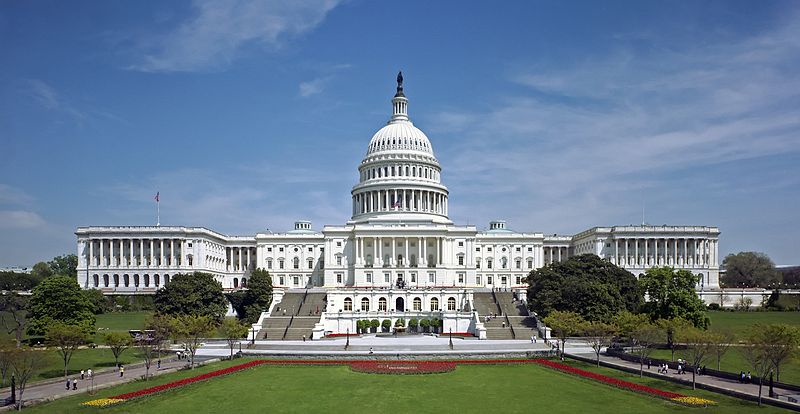
The Nuke Review 9.4 – 9.10
Europe
Small blast at French nuclear plant leaves activists steaming
A sudden release of steam at the Fessenheim nuclear plant has left two employees with minor injuries. While authorities noted that the event was relatively minor, the blast reignited a debate within France over the prudence of relying so heavily on nuclear power. France satisfies 75% of its energy needs with nuclear power, yet during his election French President François Hollande pledged to close Fessenheim, the country’s oldest nuclear plant, by 2017.
Nuclear waste may hold key to deep space exploration
British scientists with the National Nuclear Laboratory are experimenting with using nuclear batteries, fed with isotopes from reprocessed fuel, to power spacecraft. As the isotopes decay they radiate heat, which could then be converted into energy. In addition to providing a power source for future missions, one official with the National Nuclear Laboratory noted that the production of nuclear batteries would be a boon for the British economy.
Japan
Debate over reliance on nuclear energy persists
Indications are that Japan plans to reduce its reliance on nuclear energy to 15% of its total energy portfolio by 2030. The current debate over the future of nuclear energy in Japan was prompted by the Fukushima nuclear incident last year, which exacerbated public anxiety over the safety of nuclear power. Still, according to the president of Tokyo Electric Power Company, a drastic reduction in the reliance on nuclear energy would cause utility costs to rise and dependence on foreign oil to increase.
The Middle East
U.S. Ex-Im bank provides $2 billion to U.A.E. for nuclear plant
In the largest transaction to the United Arab Emirates to date, the U.S. Ex-Im Bank provided a $2 billion loan for the construction of the first nuclear power plant on the Arabian Peninsula. According to the Bank the loan will pay for American equipment and services used in construction of the plant, which will support 5,000 American jobs across 17 states. The first of the plant’s reactors is estimated to be completed by 2017. This project is part of a larger push by Arab and North African countries to augment their nuclear sector, with one estimate projecting as many as 37 new reactors being constructed over the next 15 years.
IAEA Director requests access to Iranian military complex “without further delay”
Speaking before a closed session of the IAEA governing board Yukiya Amano, director general of the IAEA, stated that in light of recent activities at the Parchin military complex “it is necessary to have access…without further delay in order to obtain the required clarifications.” Amano also stated that “without Iran’s full engagement, we will not be able to start the process to resolve all outstanding issues, including those concerning possible military dimensions to its nuclear program.” The IAEA head described the lack of tangible progress in the negotiations with Iran as “frustrating.”
Clinton: No deadlines for Iran
During an interview with Bloomberg News Secretary of State Hilary Clinton asserted that “we’re not setting deadlines.” Secretary Clinton went on to reaffirm American commitment to forging a diplomatic solution to the standoff with Iran, stating that “we believe in the negotiation” and characterizing the engagement with Iran thorough the P5+1 as “by far the best approach.” She concluded by observing, “We’re watching very carefully about what they [Iranian leaders] do, because it’s always been more about their actions and their words.”
German Foreign Minister calls for diplomacy
During a recent trip to Israel German Foreign Minister Guido Westerwelle stated that “a nuclear armed Iran is not an option.” Noting that an Iranian nuclear weapon would pose a threat to regional stability, Westerwelle went on to say “We urgently call on Iran to enter into substantial negotiations.” The Foreign Minister’s statements come as the EU is considering imposing additional sanctions on Iran. As Westerwelle stated, “we will keep up sanctions and diplomatic pressure on Iran. We still see room for diplomacy.”





